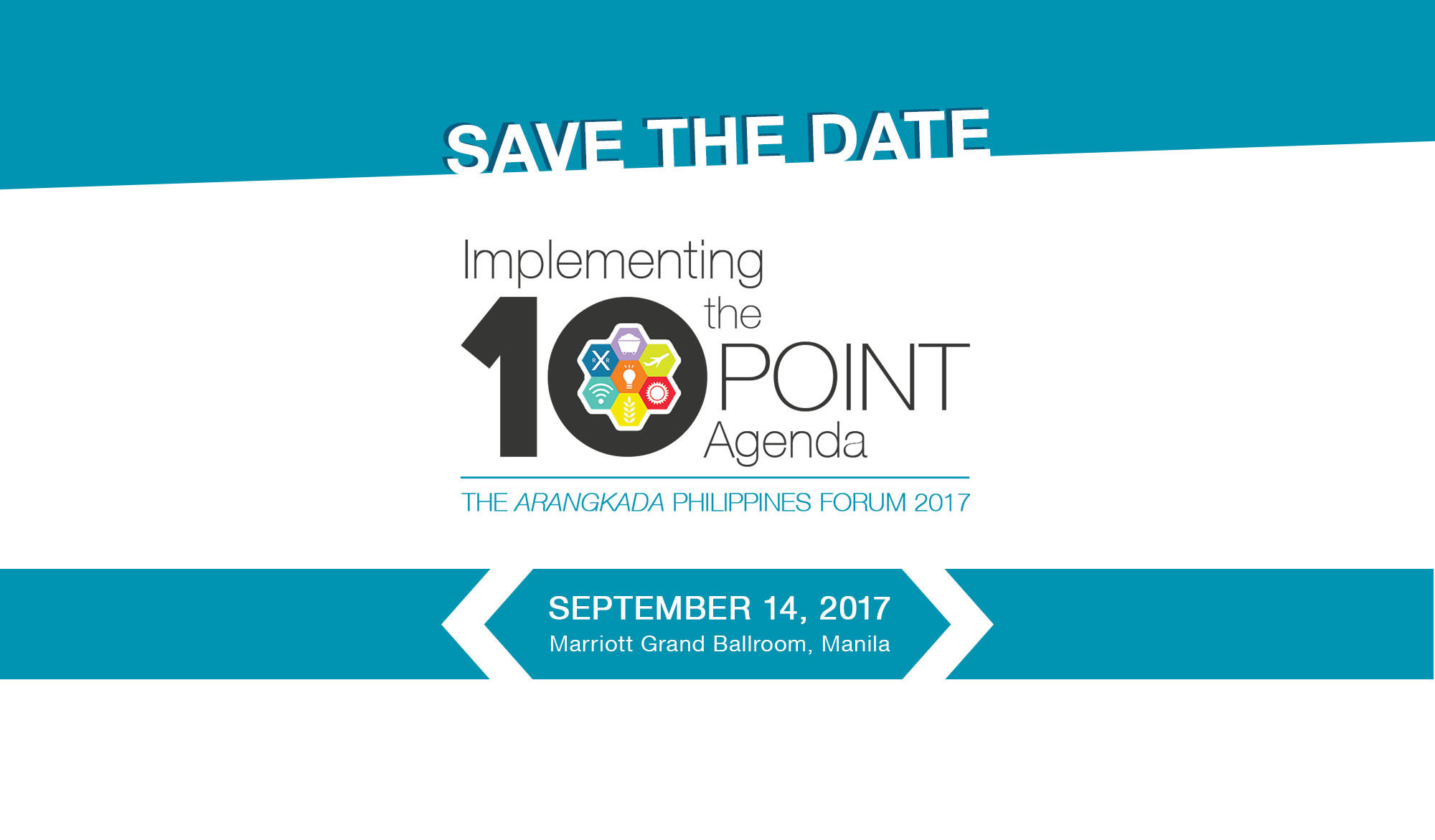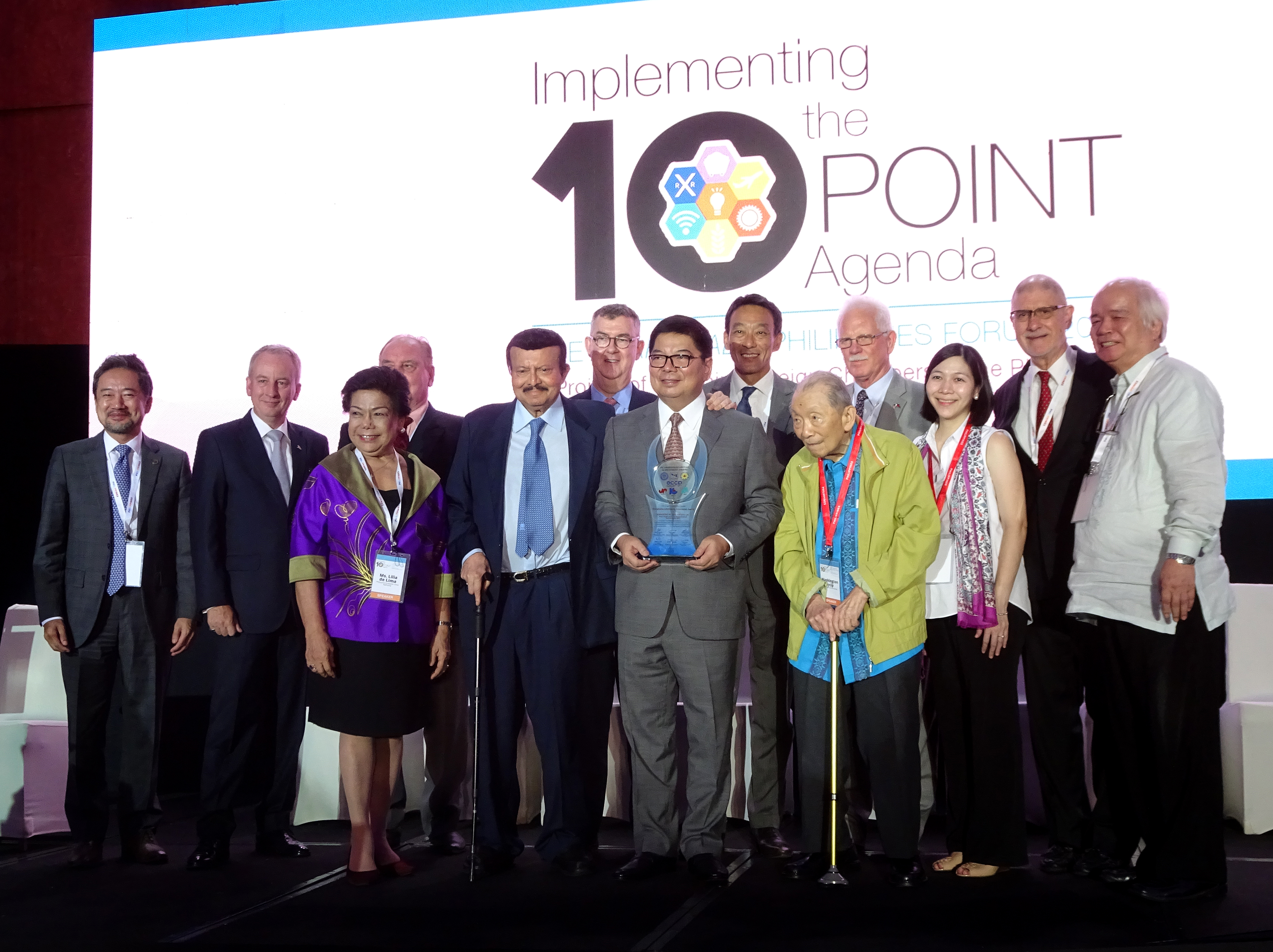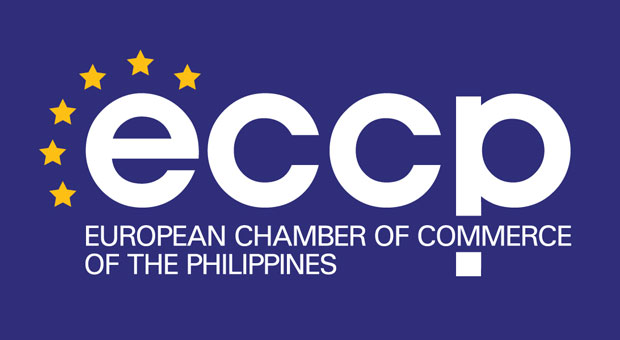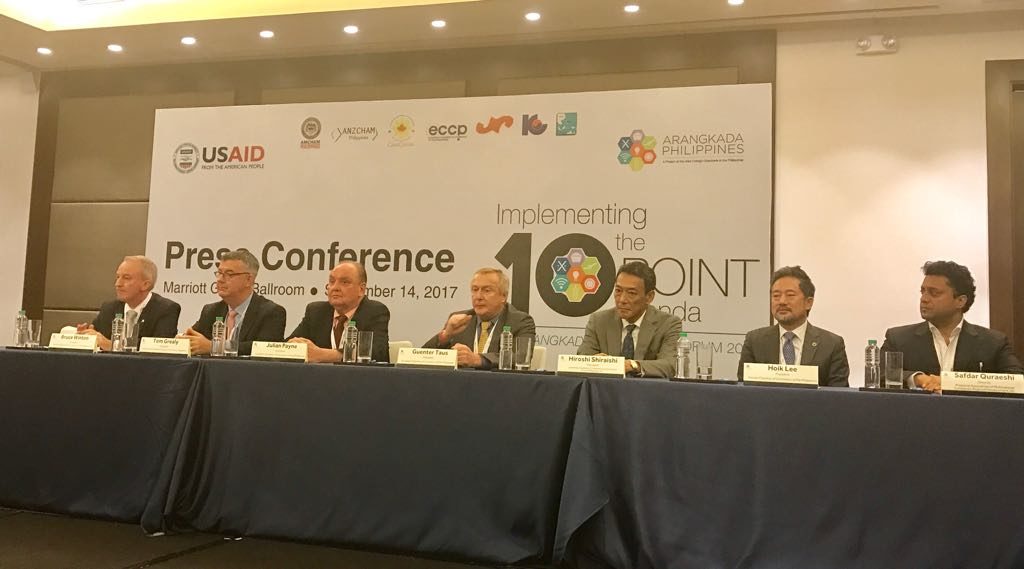SKETCHES By Ana Marie Pamintuan (The Philippine Star) | Updated October 11, 2017 – 12:00am
The actual numbers are still high: 67 percent satisfied, and 73 percent with “much trust” in President Duterte.
Since pollster Social Weather Stations (SWS) started taking surveys when Corazon Aquino was in power, all presidents have seen their ratings slide, with the initial high score never regained.
So Duterte need not be overly concerned. The fall in his satisfaction and trust ratings was just a matter of time.
What should bother him is the sharpness of the fall. The satisfaction rating plunged from 78 percent in the second quarter to 67 percent in the next three months, and trust from 82 to 73 percent – a decline that SWS president Mahar Mangahas described as “a little faster than average.”
The fall is steeper in net figures, or the number of satisfied against the dissatisfied: 48 percent, down from 66. The net trust rating also fell sharply, from 75 percent to 60. If Duterte continues to suffer a double-digit drop in every quarterly survey, his numbers could fall below zero in less than two years.
As Mangahas pointed out, Noynoy Aquino enjoyed the longest “honeymoon period” among the post-EDSA presidents, enjoying good ratings for over three years, with the numbers falling only after the slaughter in Mamasapano, Maguindanao. Corazon Aquino and Fidel Ramos also did better than Duterte but Joseph Estrada fared worse.
Mangahas said Gloria Macapagal Arroyo did not enjoy a honeymoon period. This should be reassuring for Duterte and his supporters; GMA has been the longest serving president of the republic since Ferdinand Marcos.
Echoing the reactions of previous presidents, Palace aides said Duterte is not engaged in a popularity contest. Asked if the honeymoon is over, presidential spokesman Ernesto Abella said, “The love is still there.”
Mangahas said presidents should expect respect rather than love, and should give “satisfactory service.”
* * *
I don’t know if you can call it respect, but lawmakers’ support for the Malacañang occupant tends to be influenced by popularity as reflected in survey ratings. Congressional support can of course be swayed by Malacañang’s clever utilization of public funds, including the crude but timely distribution of cash gifts in brown paper bags during crisis situations. But high popularity is the easier, cheaper way for a president to keep a super majority intact in Congress.
When there’s a precipitous drop in a president’s survey ratings, the political butterflies smell blood. There can be greater resistance to a president’s legislative agenda.
A steep drop in popularity this early in a six-year term also weakens a president’s endorsement power, which is critical for his allies in the mid-term elections less than two years from now.
If alliances, tenuous to begin with, begin fraying, even Duterte’s top priority, his war on illegal drugs, can suffer. There will be greater resistance to his brutal methods, and more cooperation with the individuals now documenting abuses that could bolster accusations of state-sponsored summary executions of drug suspects.
* * *
The other major pollster, Pulse Asia, is expected to come out with the results of its third quarter survey shortly. The two pollsters usually have similar results, so the SWS findings will likely be affirmed in the Pulse Asia survey.
Without waiting for the affirmation, the administration can start assessing what can be done to stop or even reverse the slide in the President’s ratings.
The steep fall indicates growing impatience for results in several areas. Since the President failed to deliver on his self-imposed deadline of six months to eliminate the drug menace, as he claims he did in his home city of Davao, he should deliver solid results in other areas.
He can jettison some of the incompetent members of his team, whose appointments are clearly just for political accommodation. Public services are suffering, the incompetents are wasting people’s money, and it’s the President’s image that’s taking a hit. After a year and a half, amateur hour and the period for repaying political debts should be over. The public can be spared from these NPAs or non-performing asses (that’s right, the donkey).
The President can address some of the sources of disaffection during the previous administration, which contributed to his dramatic rise to power. For example, I still don’t have my driver’s license card a year after I was given a provisional license, and my car still doesn’t have license plates. These are common complaints.
Last week the Philippine Chamber of Commerce and Industry and Employers Confederation of the Philippines expressed exasperation over the political bickering and the weak focus on project implementation. They’re “sick and tired” of the political noise, one business leader lamented. The Joint Foreign Chambers of the Philippines also recently released its assessment of progress on the President’s 10-point socioeconomic agenda.
No one expects Duterte to stop his war on drugs because of his slipping ratings. But the sharp fall should tell him that the means to his end could use a recalibration. His ratings plummeted during a survey period that covered public dismay over the killings of teenagers and other abuses related to the campaign against the drug menace and criminality.
The campaign has also suffered from perceptions of being selective, with Duterte supporters shielded from Tokhang and Double Barrel. He has accused Ombudsman Conchita Carpio-Morales, not entirely without basis, of selective justice, so he should also avoid selectiveness in his own causes. Whether in fighting the drug menace or corruption, he must be an equal opportunity tormentor. Admittedly, this may be a pipe dream in our society.
Duterte’s avowed abhorrence of corruption, shaken by accusations against him and his family, can still be burnished if he launches an anti-graft campaign with the same zeal that he has applied in going after notorious drug dealers.
Much can be achieved by a popular president, and there are many world leaders who can only dream of having satisfaction and trust ratings in the 60s and 70s.
Popularity is a precious commodity that must not be squandered.
Source: https://www.philstar.com/opinion/2017/10/11/1747575/faster-average





